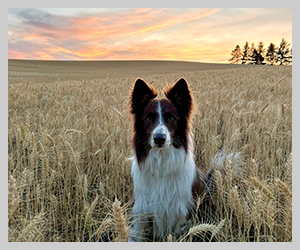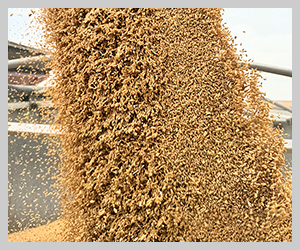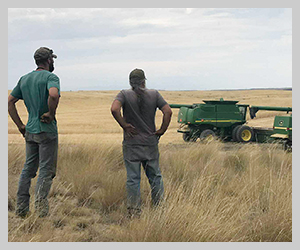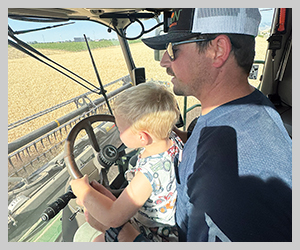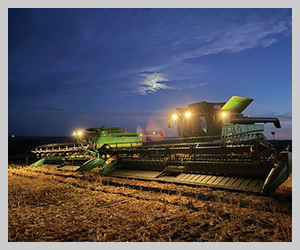Turbulent economics: It’s a time to buckle up
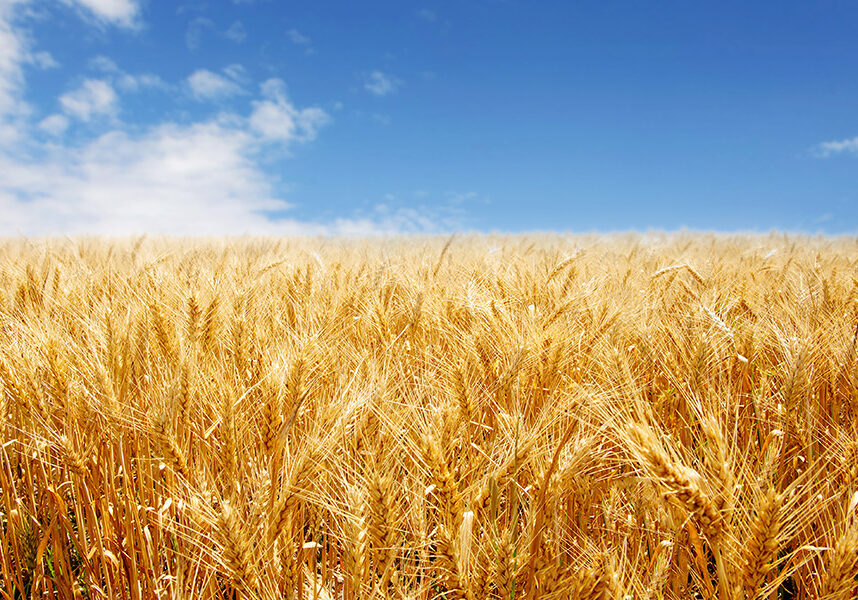
With over 10 million miles of air travel — equivalent to 18 trips to the moon and back — I still find turbulence unsettling. The same applies to managing an agricultural business amid today’s economic uncertainties, driven by geopolitics, conflicts, societal trends, and Mother Nature. Navigating this requires a focus on controllable factors and adaptability to external disruptions. Like flying through turbulence, economic uncertainty can trigger decision paralysis. In such times, taking a deep breath and seeking perspective can help maintain sound short- and long-term decision-making.
Government payments: A cautionary approach
Government payments, particularly in the grain industry, provide welcome financial relief but should be handled with care. These funds should be considered one-time infusions, not recurring revenue. Depending on your financial situation, they may cover past losses, fund current inputs, or be set aside as working capital for future downturns. Avoid making long-term investments or taking on new debt based solely on receiving these payments. Adjust your budgets and break-even projections accordingly — these are windfalls, not guaranteed income. As the saying goes, “easy come, easy go.”
Buckling up the financial seat belt
An economic downcycle sometimes requires financial discipline or tightening the belt for the economic and the financial turbulence. A positive is that these challenging economic times can lead to practices that are very beneficial when the economic business cycle turns to the positive.
A key first step in weathering tight economic times is good, old-fashioned goal setting, yet, 80% of Americans skip this important practice. Only 4% commit to writing down their goals. Written goals provide direction and stability; those without them are more vulnerable to turbulence.
A pre-COVID Canadian study found that farmers with written goals and business plans had twice the mental resilience. Balancing mental, physical, and financial well-being is crucial in navigating uncertainty.
The power of budgeting
Taking ownership of and understanding your numbers — costs, breakevens, and potential outcomes — is mission-critical. A solid operational plan should account for production goals, marketing strategies, and risk management.
I recently spoke with a young producer who mapped out financial scenarios, from worst case to best case. Knowing these guardrails provided peace of mind and allowed for informed decisions. By benchmarking past economic cycles, he avoided emotional swings, staying level-headed in both good and bad times.
Pure accountability
Many professionals now turn to peer groups for insight and accountability. These networks — both local and global — offer unfiltered, real-time information and fresh perspectives. Regular check-ins can confirm conditions, inspire new strategies, and maintain a proactive mindset.
Yes, economic storm clouds loom for many in the industry, but those who buckle up and stay focused on business and financial fundamentals will be positioned to thrive when smoother skies return.
Dr. David Kohl is an academic hall-of-famer in the College of Agriculture and Life Sciences at Virginia Tech in Blacksburg, Va. Dr. Kohl is a sought-after educator of lenders, producers and stakeholders with his keen insight into the agriculture industry gained through extensive travel, research and involvement in ag businesses. This content was provided by AgWest Farm Credit.





